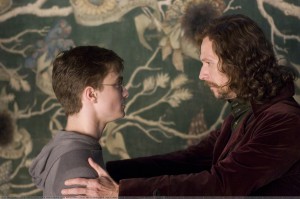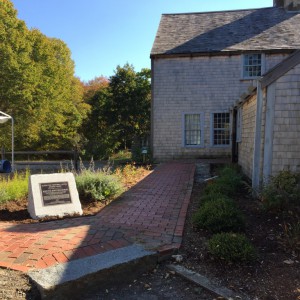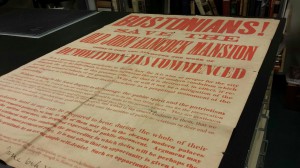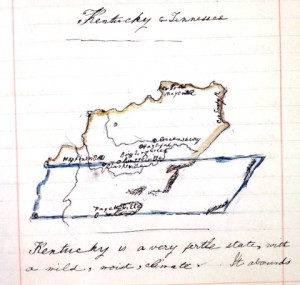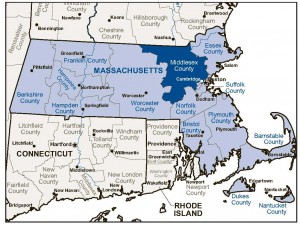
Since coming to work at NEHGS, I’ve been surprised by how often people tell me about their own genealogical research when they learn where I work. They usually tell me I’m so lucky to be working here, and say how they would love to work at such a place. I expect part of this sentiment is due to the belief that we have plenty of time to take advantage of the tremendous resources we have access to, but as passionate as most staff are about genealogy, their own research has to wait until the end of the work day, at which point the demands of life may also prevent people from getting to their research. Continue reading A night of staff research
